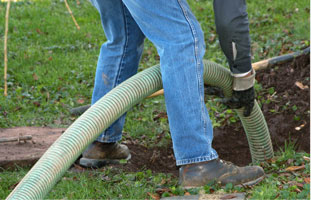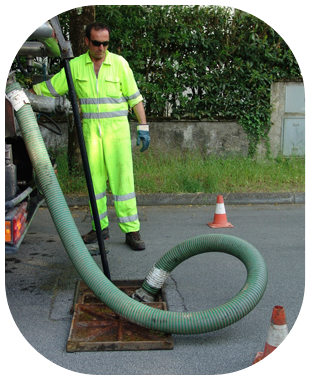If your home is connected to a septic tank you owe it to yourself to have it pumped at least once every three to five years. Proper pumping will prevent sewage backups and will keep your system functioning properly. Literally everything that goes down your drains and is flushed down your toilets will end up in your septic tank. Pumping a Septic Tank in NJ will help protect your home from harmful contamination. Pumping a Septic Tank in NJ is important the proper functioning of your septic system.
You may not realize that an overfilled septic tank can lead to sewage backups and drain clogs. When sewage backs up it will flow into your home through your bathtub drains or from around the seal of your toilet. Once that happens you will need to sanitize your home and replace any carpeting that may have come in contact with the sewage. An overfilled septic tank can also cause you to experience more clogs in your sinks and toilets. You may also experience foul odors coming up through your drains.
Pumping a Septic Tank in NJ will thoroughly empty the tank. In addition, the septic company will also hose out the inside of the tank to ensure that any sewage stuck to the sides of the tank or at the bottom of the tank will be properly removed. By Pumping a Septic Tank in NJ the seepage pit that is attached to your tank will continue to function properly, as well. The seepage pit is responsible for containing the liquids that flow out of the septic tank. Those fluids will slowly seep into the ground where they will be absorbed.
In most cases you will not need to have your septic tank pumped more than once every five years, however, if you have a larger home, or there are many people using your plumbing, you may want to have your septic pumped more often. Some septic companies recommend having your tank pumped at least once every three years. As soon as you notice foul odors coming from your drains or you hear gurgling in your pipes when you flush the toilet you should have the tank pumped.



